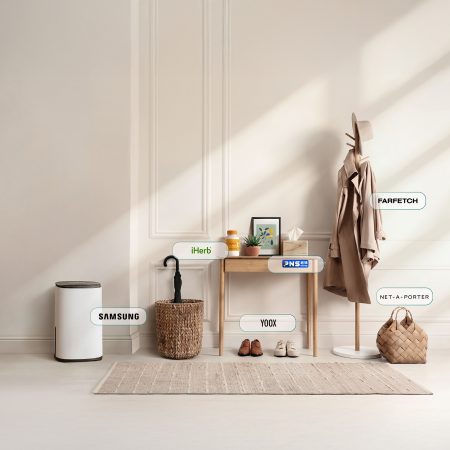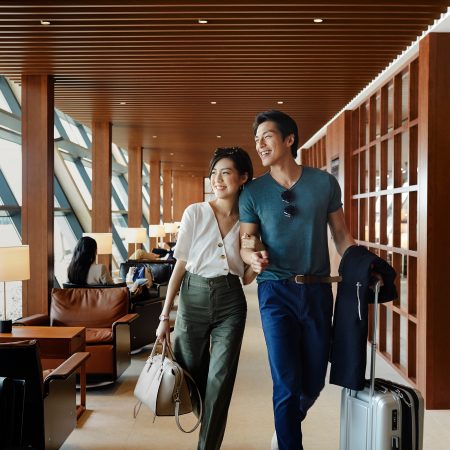How a cha chaan teng became a beacon of hope
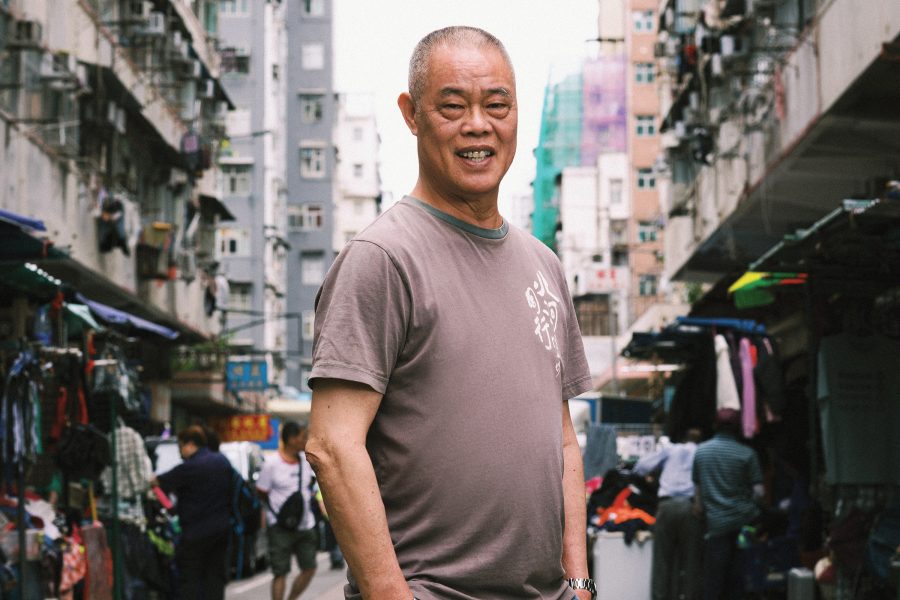
A solitary candle may appear insignificant amid the bright lights of the big city, but in the darkness it shines with unmatched brilliance. By the same token, Chan Cheuk-ming, owner of Pei Ho Counterparts café in Sham Shui Po, is proof that the smallest gesture can have the greatest impact.
Known affectionately throughout Hong Kong as “Ming Gor (Brother Ming) of Sham Shui Po”, the 72-year-old has gained widespread recognition for his affordable eateries, and his long-standing charitable donations of meals and vouchers to vulnerable members of the community.
In 2016, he established the Pei Ho (Ming Gor) Charity Foundation, which operates across 10 districts in the city, with a team of 60 volunteers distributing more than 3,000 free meal boxes each week. On the afternoon we visit, his restaurant Pei Ho Counterparts, a cha chaan teng, is filled with customers drinking tea and chatting with staff, while a queue forms outside. At 4pm, two volunteers begin putting together more than 100 meal boxes for distribution on site.
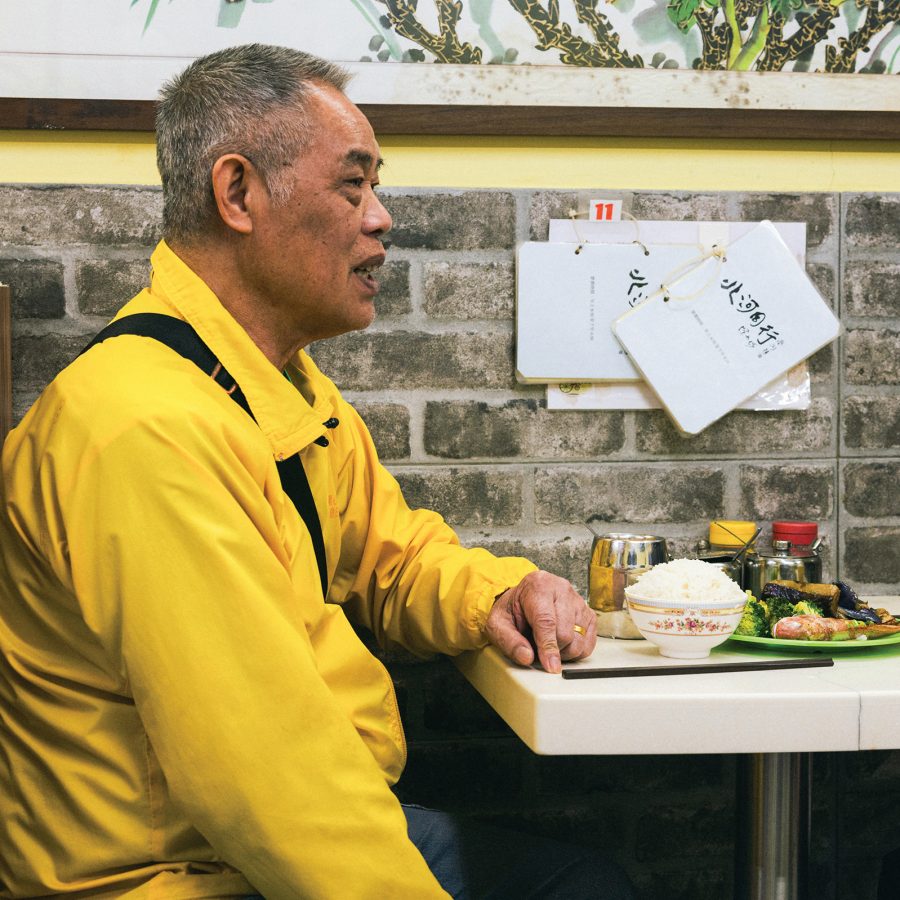
Credit: Elvis Chung
Born into a working-class family in the Chinese Mainland, Chan left school early to work and started learning to cook aged 15. A few years after relocating to Hong Kong in 1979, he joined what was then known as Pei Ho Restaurant as a chef. When the restaurant’s owner retired in the mid-’90s, Chan, along with a few colleagues, took over the business. His own underprivileged upbringing, as well as his empathy for the struggling residents of one of Hong Kong’s poorest districts, inspired him to serve affordable meals.
Chan’s journey has been far from smooth. For a start, he’s critical of his own business skills: “I was in business for over 10 years before realising, at age 60, that I wasn’t cut out for making money,” he says. “I’m too soft-hearted. I wanted to provide locals with affordable meals, so I set prices very low. The income was barely enough to cover operating expenses, leaving no buffer for any difficulties.” Over the years, these challenges have included partner breakups, rent increases that required relocation and repeated threats of closure.
But, in 2011, light broke through the clouds. That year, the government introduced a statutory minimum wage of HKD28 (USD3.60) per hour. While it was intended to make life easier for the working-class patrons, it pushed the already-struggling restaurant to its limits and survival seemed impossible. However, the government also offered a subsidy, where each Hong Kong adult resident was given HKD6,000 (USD760). Twenty of these recipients chose to donate their pooled HKD120,000 (USD15,300) to Pei Ho. News of their generosity touched others, attracting even more donations and eventually stabilising the operation’s turnover. More than simply saving the business, these acts shaped Chan’s destiny.
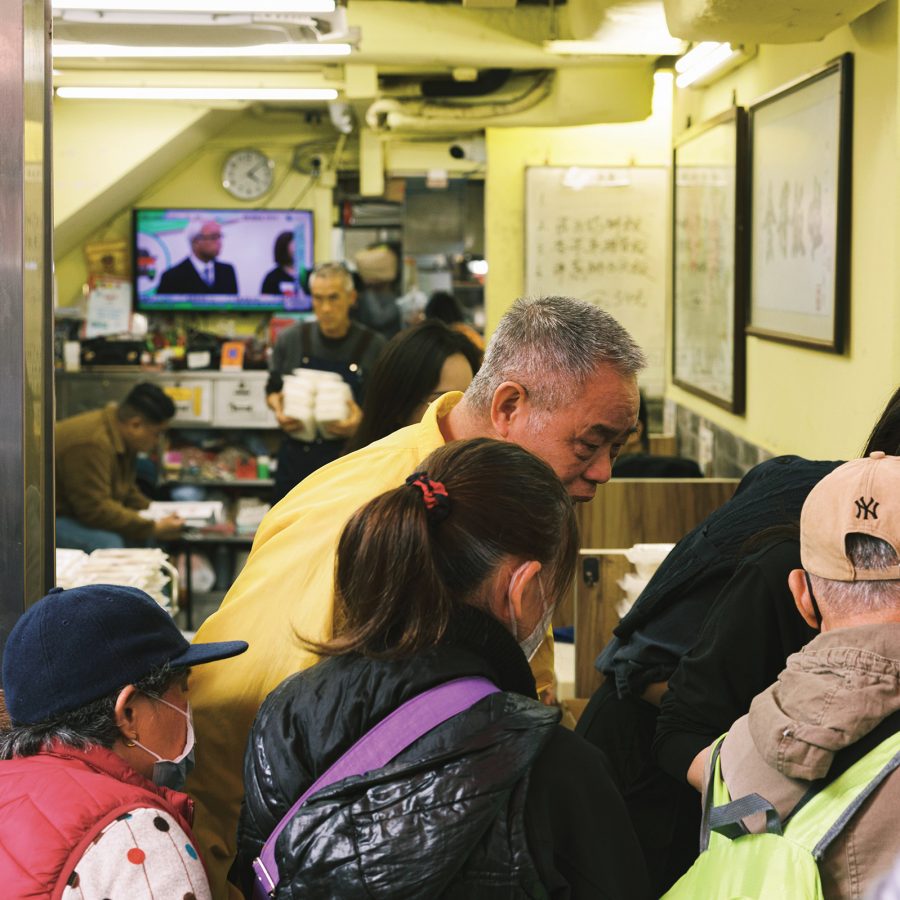
Credit: Elvis Chung
The story was picked up by the media and celebrities got involved – some making donations – allowing Pei Ho’s meal programme to become a long-term operation. Chan began collaborating with social workers and welfare organisations, such as the Society of Rehabilitation and Crime Prevention and The Society for Community Organisation , while expanding services beyond weekly donations to the homeless to include elderly residents in nearby public housing estates. In 2016, Chan formally established his charity foundation and opened Pei Ho Counterparts.
Within the last decade, Sham Shui Po has undergone a process of gentrification that has been a double-edged sword for the district. Chan is concerned about its poorest residents; as he asserts, having two meals a day is a basic human right. “Behind the prosperous city, there are people struggling, and I care about whether anyone is helping them,” he says. “I want to encourage everyone to help those in need, so society can be more balanced.” When he buys ingredients, he makes a point of patronising independent market stalls and shops, strengthening his relationships with the wider community and earning goodwill from neighbours. When Pei Ho Counterparts opened, a nearby fishmonger donated over 30kg of giant grouper for its meal boxes.
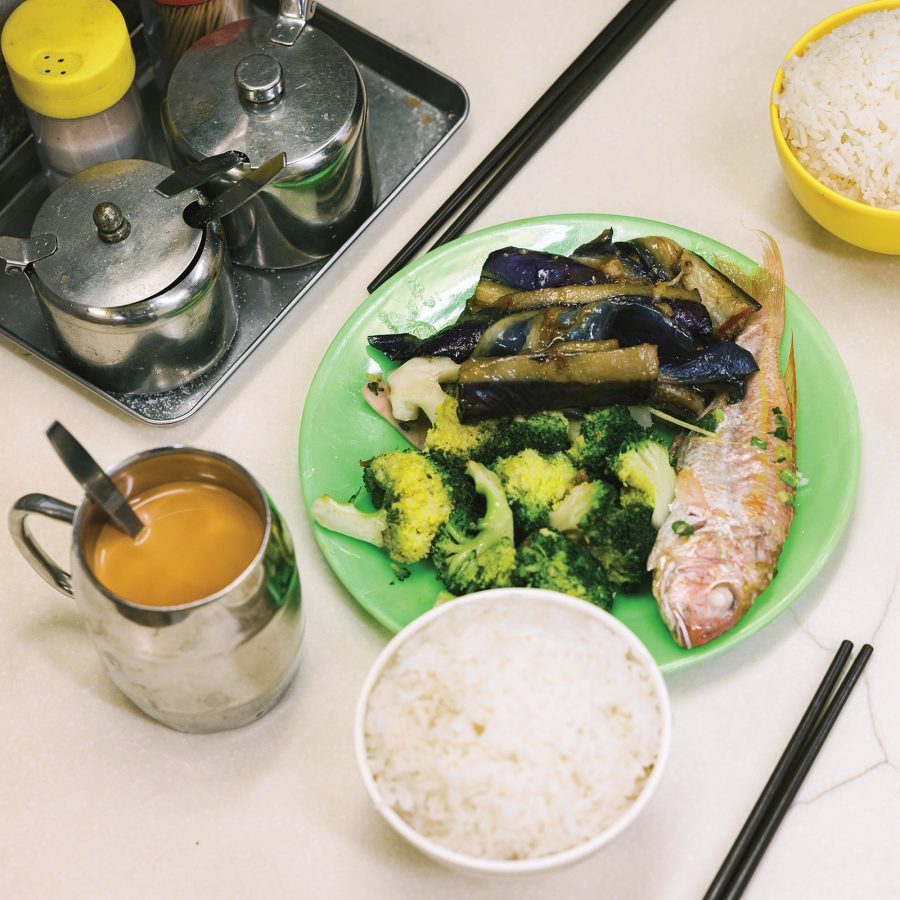
Credit: Elvis Chung
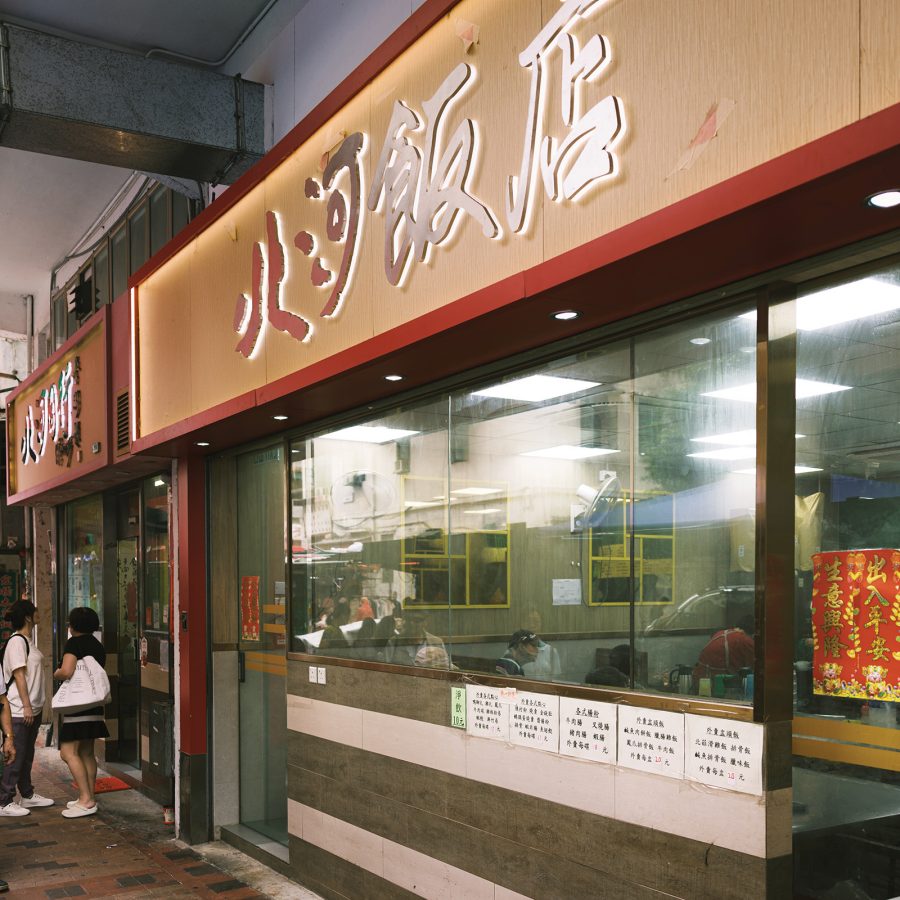
Credit: Elvis Chung
As Chan’s efforts gained momentum, their effect began to be felt outside Sham Shui Po. Through his “eliminate hunger” programme, meal distribution now spans 10 districts, including Kowloon’s Tai Kok Tsui and Mong Kok. Chan aims to expand to all 18 districts of Hong Kong, while also focusing on social education and instilling values of kindness in younger generations by sharing his experiences with school and university volunteers. His compassion knows no borders: after the 2023 earthquake in Turkey, he rallied up a donation of blankets and warm clothing. As a result, his influence has extended well beyond Hong Kong. In January, French former Manchester United footballer Patrice Evra came to Pei Ho Counterparts to help distribute meals, later posting on social media: “A small act of kindness can change a life ... the more you give, the more you receive.”
These words encapsulate Chan’s quiet yet profound influence – like the gentle glow of that small, solitary candle in the dark. Fuelled by generosity and compassion, his light reaches far beyond those in immediate need, igniting a spirit of kindness that inspires an entire community to build a more caring society where no one goes hungry. Through it all, Chan remains humble, seeing his work not as a pursuit of recognition, but as a heartfelt calling.
“They say every profession produces its masters,” he says. “I never imagined I’d become a master of giving.”
G/F, 278 Tai Nan Street, Sham Shui Po
More inspiration
Hong Kong travel information
- China – the Chinese Mainland, Hong Kong SAR, Macao SAR and Taiwan Region
- Hong Kong SAR - English
- Chinese Mainland (China) - English
- Taiwan, China - English
- 香港特別行政區 - 繁體中文
- 中国內地 - 简体中文
- 中國台灣 - 繁體中文
- Africa
- South Africa - English
- Asia
- Bangladesh - English
- Korea - English
- Singapore - English
- Cambodia - English
- 한국 - 한국어
- Sri Lanka - English
- India - English
- Malaysia - English
- Thailand - English
- Indonesia - English
- Maldives - English
- ประเทศไทย - ภาษาไทย
- Indonesia - Bahasa Indonesia
- Myanmar - English
- Vietnam - English
- Japan - English
- Nepal - English
- Việt Nam - tiếng Việt
- 日本 - 日本語
- Philippines - English
- Australasia
- Australia - English
- New Zealand - English



